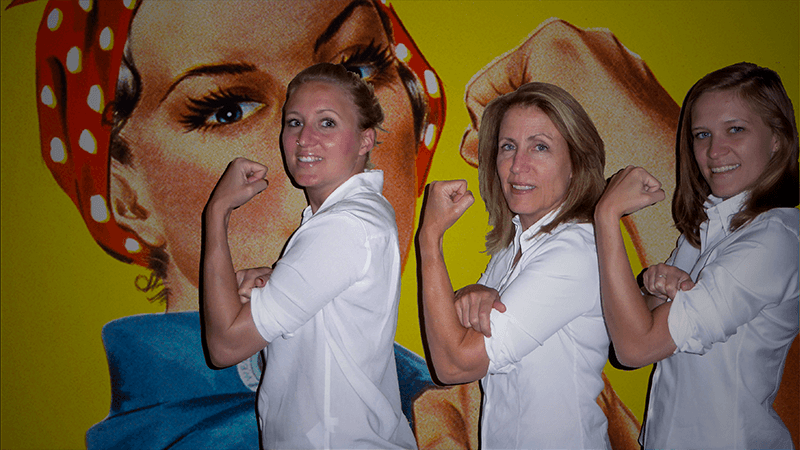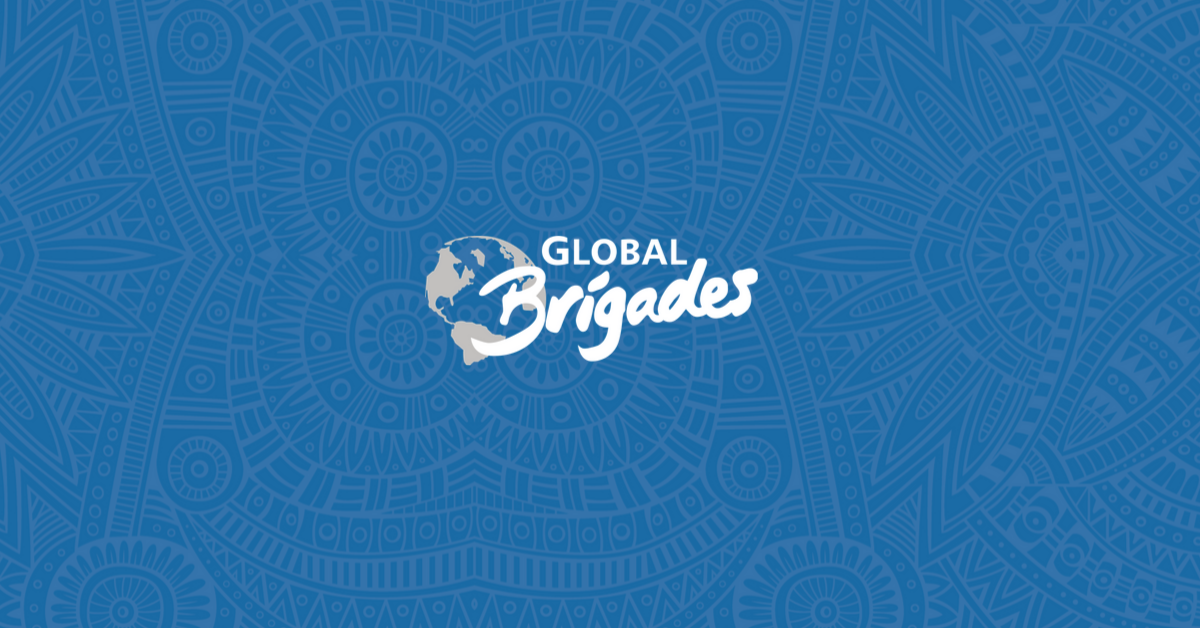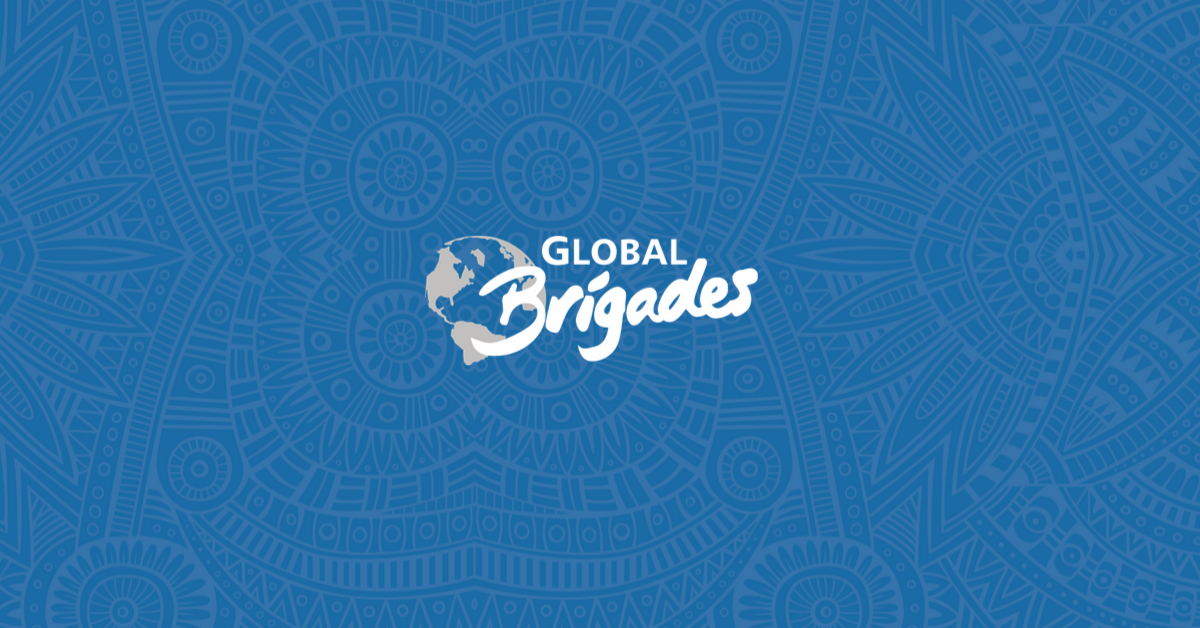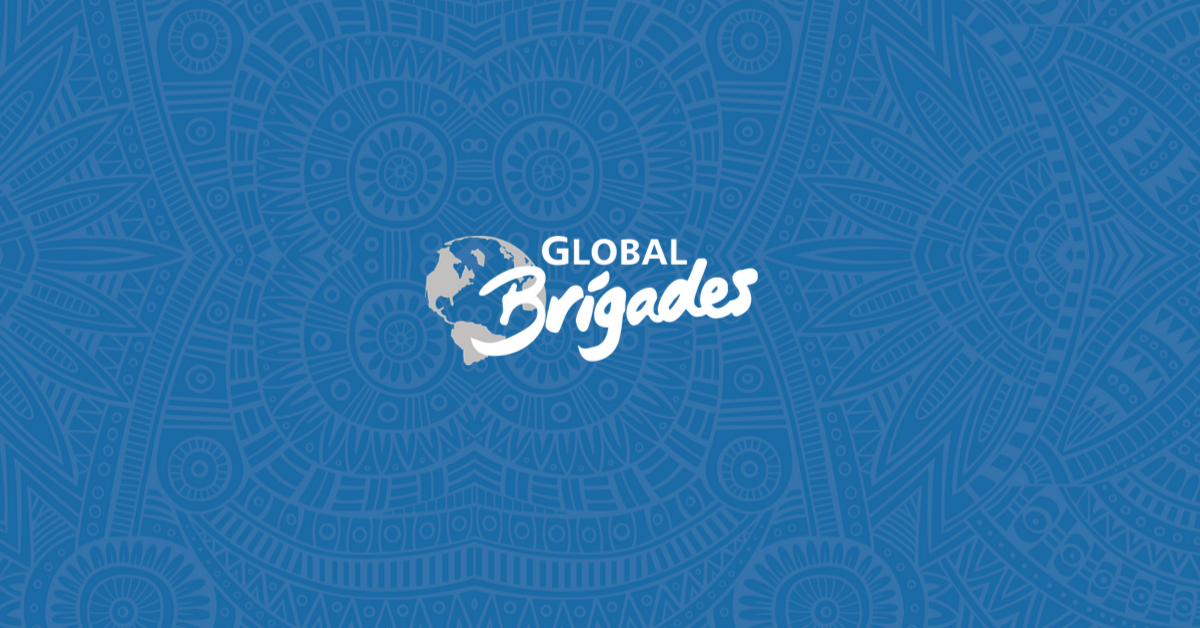Guest Post Written by Tricia Raikes, co-founder of the Raikes Foundation
Much of the country [in the United States] was recently embroiled in debate over the infamous Google memo and the value-add of women in technology. Women who work in technology know that gender equality has a way to go in that field. However, there is another arena where women have achieved a majority and are growing in numbers and influence: philanthropy.
Recently, women overtook men and now control over half of this nation’s wealth and over $40 trillion will transfer to women in the next four decades.
 This doesn’t even take into consideration the increasing number of female entrepreneurs who are generating their own wealth. This trend is expected to continue: wealth in the US and around the world will increasingly land in the hands of women, and much of this wealth will go toward philanthropy.
This doesn’t even take into consideration the increasing number of female entrepreneurs who are generating their own wealth. This trend is expected to continue: wealth in the US and around the world will increasingly land in the hands of women, and much of this wealth will go toward philanthropy.
What do we know about the power of women as philanthropists? A fair amount, actually. And the researchers at the Women’s Philanthropy Institute at the University of Indiana are learning more every day. One thing is for certain: gender matters in giving. We know that women give differently than men. In general:
- Women support women. Despite the trends noted above, women are disproportionately poor in the U.S. and the developing world, and women of color and single mothers are particularly hard-hit. Women understand the multiplier effect of giving to women and girls issues: research demonstrates that the impact of giving to women extends beyond the women themselves to families and communities. Strikingly, 20 percent of female philanthropists donate to causes that promote the position of women, while only 5.4 percent of men support women and girls’ causes. And Women Moving Millions and other movements aspire to get more women to give with a gender lens.
- Women give more. Women in the U.S. give an average of 3.5 percent of their wealth to charity, well above the 2 percent average
- Women are more likely to engage others in giving. Women draw on others to inform their giving strategies and choices, make giving a shared event, and give together. There has been an explosion in the number of giving circles in the US. Take, for example, Women Investing in Nebraska, a giving circle I’ve been involved with, or the Washington Women’s Foundation, which pioneered the concept of women’s large-scale, collective giving. Both are among nearly fifty giving circles that are part of the Women’s Collective Giving Grantmakers Network. Both also are examples of the best in women’s giving – giving together. This is one of the ways in which women are changing the field of philanthropy – we solve problems differently. We are deeply connected to our communities and to each other.
- Millennial women tend to lead with their hearts in giving, but feel less satisfaction with what they are accomplishing. Women from the baby boomer generation, on the other hand, are more focused and also more satisfied with their giving. There are wonderful opportunities for mothers and grandmothers to share across generations what they’ve learned about approaching philanthropy strategically. My daughters and I talk often about the work our foundation is doing and our approach to our family’s philanthropy.
But philanthropy is not just about giving money: to be truly effective, women are raising their voices and advocating for women and girls. As an example, the unstoppable Mia Hamm is partnering with Giving Compass this week to level the playing field for women and girls around the globe through sports in honor of #womensequalityday. Join us by sharing a picture of a strong woman or girl. Maybe you can share a picture of a woman in philanthropy who has inspired you!
Original contribution from Giving Compass by Tricia Raikes, co-founder of the Raikes Foundation




